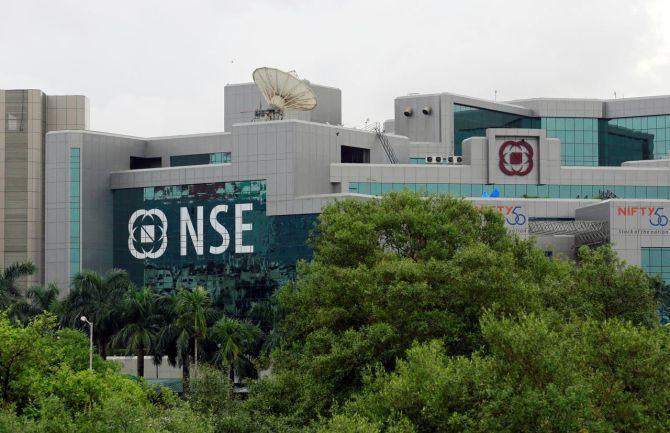Foreign portfolio investors’ (FPIs’) shareholding in NSE-listed companies fell 51 basis points sequentially to 17.68 per cent in the quarter ended March 31, 2024, according to data compiled by PRIME Database.

This is the lowest FPI shareholding since December 2012.
From the recent peak of 21.21 per cent at the end of December 2020, FPI shareholding is down 353 basis points.
On the other hand, the shareholding of domestic institutional investors (DIIs) is on the rise.
At the end of the March 2024 quarter, it rose to 16.05 per cent, up from 13.58 per cent at the end of December 2020.
The gap between shareholding of FPI and DII investors has narrowed to just 163 basis points, a new low.
The trend shows that domestic investors are tightening their grip on Indian equities and now have become the price setters, taking the baton from overseas funds, said market players.
The widest gap between FPI and DII holding was in the quarter ended March 31, 2015, when the former held a 20.7 per cent stake compared to just 10.38 per cent of the latter.
“For years, FPIs have been the largest non-promoter shareholder category in the Indian markets, with their investment decisions having a huge bearing on the overall direction of the market — the markets would tank when FIIs pulled out.
"This is no longer the case.
"DIIs, along with retail investors, have now been playing a strong counterbalancing role,” said Pranav Haldea, managing director of PRIME Database Group.
PRIME calculates the share of each category of investors by dividing the value of their holdings with total market cap.
In value terms, FPI holding stood at Rs 67.29 trillion, while that of DII was at Rs 61.08 trillion.
Domestic mutual funds (MFs) account for over half of the DII pie.
The value of their holding stood at Rs 33.96 trillion or 8.92 per cent of total market cap.
The government’s share as a promoter rose to a seven-year high of 10.38 per cent as on March 31, 2024.
The rise was due to the strong performance of several public sector undertakings (PSUs).
Meanwhile, the share of private promoters declined to a five-year low of 41 per cent as of March 31, 2024.
Over the past 18 months, it fell by 361 basis points from 44.61 per cent on September 30, 2022.
Haldea said the stake sales by promoters to take advantage of bullish markets, relatively low promoter holding in some of the IPO companies, and also overall institutionalisation of the market have resulted in the fall of private promoters in the overall market capitalisation.
Also, the listing of several new-age “promoter-less” companies and also fresh fundraising have led to the decline of promoter share in total market cap.
The share of retail investors fell marginally to 7.5 per cent in March 2024 from 7.58 per cent in the previous quarter, whereas that of high-net-worth individuals (HNIs) fell to 2 per cent from 2.06 per cent in last quarter, the data showed.
Retail investors are those holding shares worth less than Rs 200,000 in a company, while the value of HNIs is in excess of that amount in a single company.












 © 2025
© 2025